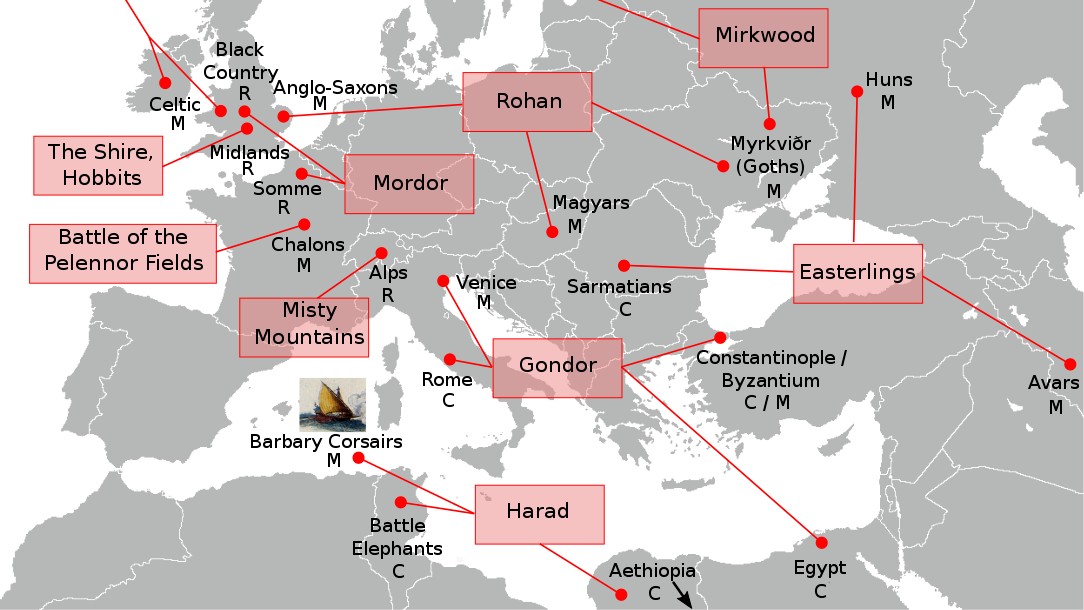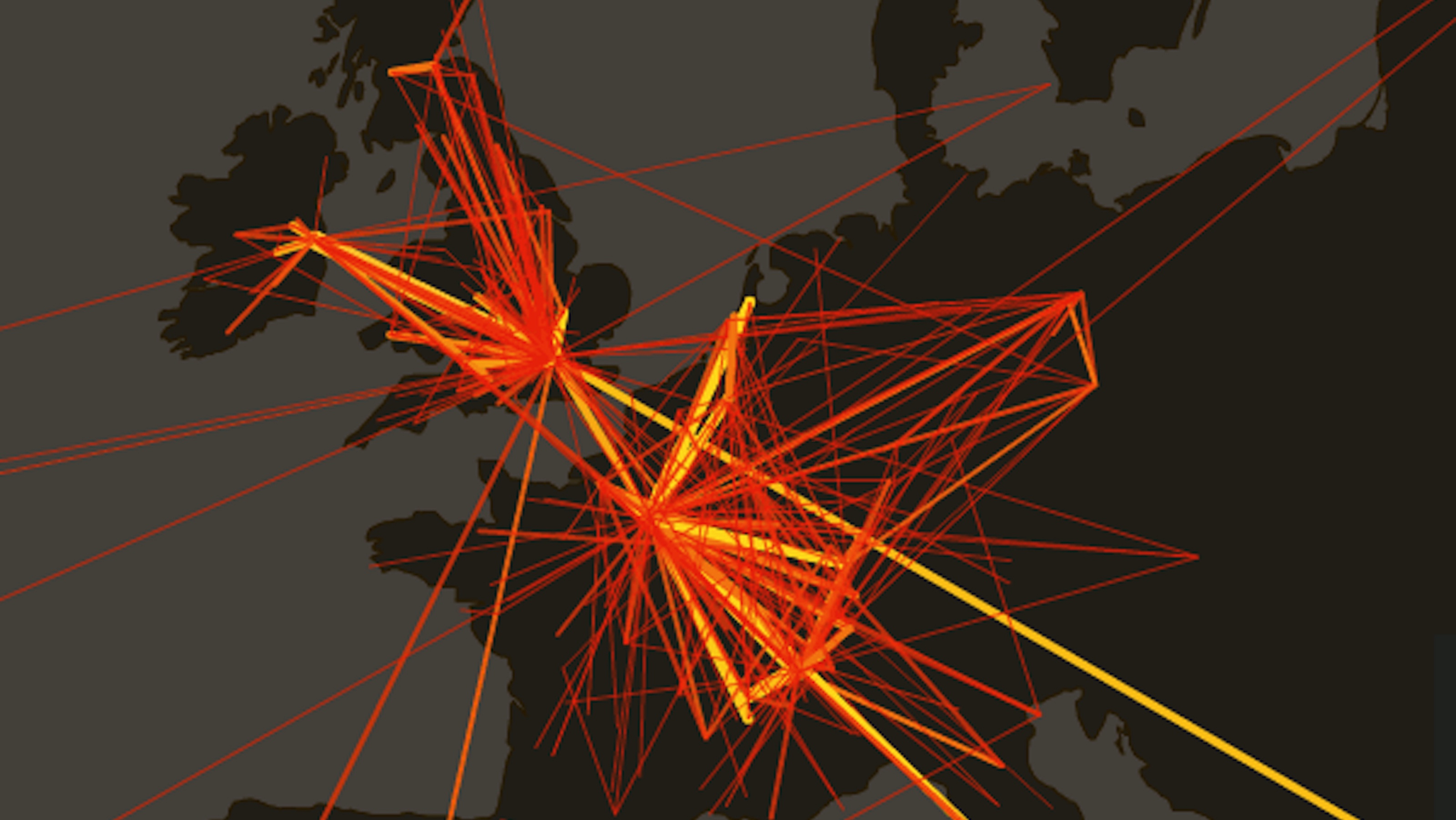Personality awareness: The key skill to dealing with high-conflict people

Could you become a high-conflict person’s (HCP’s) Target of Blame? If you’re not watchful and careful, yes. HCPs generally pick on people they are close to or people in authority positions. These close personal or supervisory relationships usually involve the types of people we’re inclined to invite into our lives, often without knowing much about them.
Avoiding and deflecting high-conflict behavior is like avoiding illness. You can protect yourself from becoming someone’s Target of Blame by vaccinating yourself with knowledge of the personality patterns of high-conflict people. I call this personalityawareness.
In fact, with personality awareness you will be more confident in dealing with people, because you will know how to recognize the warning signs of dangerous personality patterns before they do you much harm.
You need to have personality awareness to protect yourself from and deal with potentially high-conflict people on a regular basis without getting hooked by them. I’ll show you how to develop this with some simple assessments you can use when new people come into your life and with tools for when you think you may be dealing with an HCP. As members of society, it will help us all if we can share this knowledge and limit the harm that high-conflict people often do by gaining the trust of those who are uninformed or simply naive.
Four Things You Need to Know About HCPs
First, people with one of the five personality disorders (narcissists, borderline HCPs, sociopaths, histrionics and paranoiacs) belong to all economic, social, political, and ethnic groups. You can’t tell an HCP by their background.
For example, you can’t identify an HCP by their profession or by how much other people trust them. In fact, highly admired leaders and members of the helping professions (teachers, physicians, clergy, therapists, nurses, etc.), may be slightly more likely to have personality disorders than people in other lines of work, because of an attraction to the intimate relationships and authority positions in these professions.
Second, studies suggest that the percentage of HCPs is increasing. This means that your risk of being targeted is growing as well.
Third, because people with high-conflict personalities think and act differently from what an ordinary person would do or expect in a conflict, your methods for managing them must be differentfrom how you would normally resolve conflicts.
Fourth, HCPs aren’t inherently evil. We shouldn’t judge them as bad human beings or try to push them out of human society. Many were born with their personality disorders, or developed them because they were seriously abused or indulged in their early lives. Some high-conflict people, with the right interventions, can be redirected into getting help and leading productive, more satisfying lives. But for the ones who can’t be helped, we need to work together to limit their damage.
- Are all lists bold?
Why Now?
Personality awareness has suddenly become so important to avoiding becoming a Target of Blame because of four big, recent changes in our world, which make us more vulnerable and less aware of who we’re dealing with:
- We don’t have personal histories with each other: Today, people have an incredible amount of mobility, so much that we have become a society of individuals. Yet we need to be around others, so we are constantly inviting new people into our lives: in dating, at school, at work, hiring repair people, joining churches, volunteer groups, investing, sports, you name it. But most of the people you meet don’t have a history that you know about. You don’t know their reputation, their prior relationships, or anything beyond what they tell you about themselves. Without a history, it’s not obvious on the surface who you can really trust and who you can’t. You can check someone out online, but you can’t always determine what information is accurate and what is false.
- Families and communities have become weaker: Communities, neighbors, and extended families used to know each other and watch out for each other. This meant sharing their opinions of strangers or potentially dangerous acquaintances. Plus, everyone knew someone who knew the people you might want to know. Gossip was actually a way that people learned whom to avoid or how to manage them. Extended families and communities were pretty good at screening out (or at least managing) HCPs and protecting others from them. But now, in our society of individuals, you’re mostly on your own, so you have to do all the screening yourself.
- We are all subject to electronic manipulation: Online, with a little effort, anyone can hide who they are and present themselves as someone completely different. More and more, people are using technology to mislead us about themselves—whether it’s with an attractive but phony photograph, an impressive but false résumé, or a sad story that hooks you in but turns out to be a lie.
- Our entertainment culture misleads us about real-life personalities: We are constantly being entertained on TV and endless on‑demand movies with appealing stories of people who act like jerks (often HCPs) but then turn around. They have new insights and change their behavior. They become wiser and nicer by the end of the show. (Think Disney, or romantic comedies.) But this distorts our real-life perceptions. HCPs rarely have insights and change like this, despite everyone’s efforts and naive belief that they can change the person.
Combine these four very recent cultural changes with centuries-old human nature, and it’s a potentially dangerous mix. Why? Because certain aspects of human nature set us up for easy manipulation and increasing vulnerability to becoming Targets of Blame:
- We tend to trust people. Research has demonstrated over and over that we err on the side of trust more often than mistrust. This is especially true when someone tells us that they need our help. Unfortunately, this healthy trait makes us vulnerable to high-conflict people—who are constantly and emotionally asking for help, often playing the role of a victim.
- We especially trust people in groups that we identify with. Lots of brain research shows that, from infancy, we stereotype people based on our own background and culture. We overly trust people who belong to the group we identify with—especially our own ethnic, racial, political, or religious group. Yet we shouldn’t trust about 10 percent of them. And we overly mistrust people who belong to different groups than we do—yet we can trust about 90 percent of them.
- We tend to trust our emotions. Emotional connection is one of the strongest drives of human beings. We constantly want to be loved, liked, and respected. Yet manipulating our emotions is one of the key techniques of the people who may ruin your life. You will fall in love with them. You will be impressed with their stories. You will be persuaded by their charm and their interest in you.
- We doubt our own behavior. Ironically, while we easily trust other people, we’re harder on ourselves. When we’re in a conflict with someone, our first impulse is to question ourselves. Did I say something wrong? Did I do something stupid or offensive? What should I do differently next time? This normal human trait helps us learn, change, and grow. But when dealing with high-conflict people, this trait can lead to trouble—especially when you start to trust one of them more than you trust yourself.
These are all normal human traits. There’s nothing wrong with having these responses. In fact, they will work 90 percent of the time. You just need to learn when to override them. Otherwise, you risk becoming a Target of Blame. That’s what this book is all about: learning to recognize warning signs that most people ignore or don’t see—and then overriding your natural responses with actions based on your newfound wisdom about HCPs.
—






